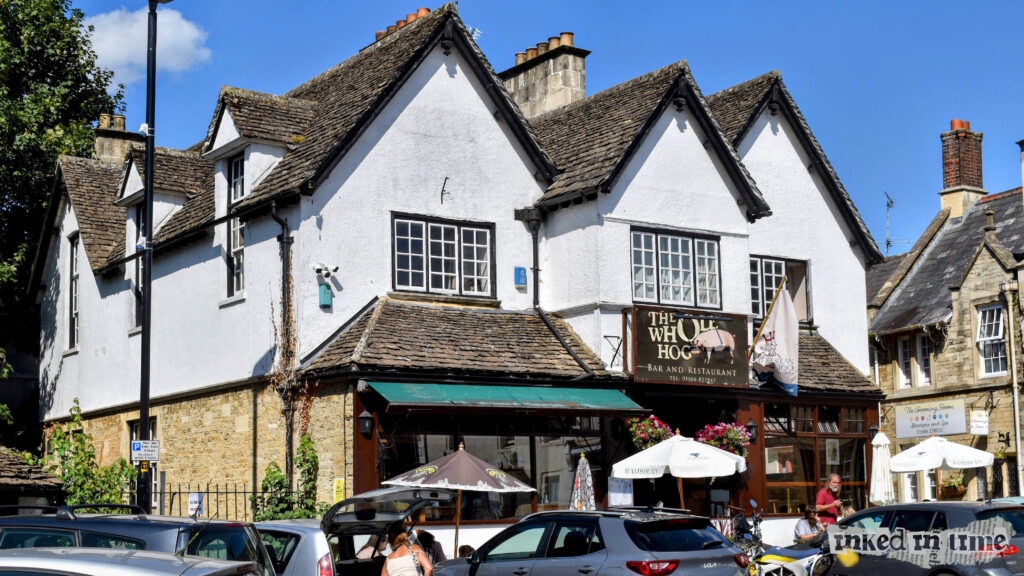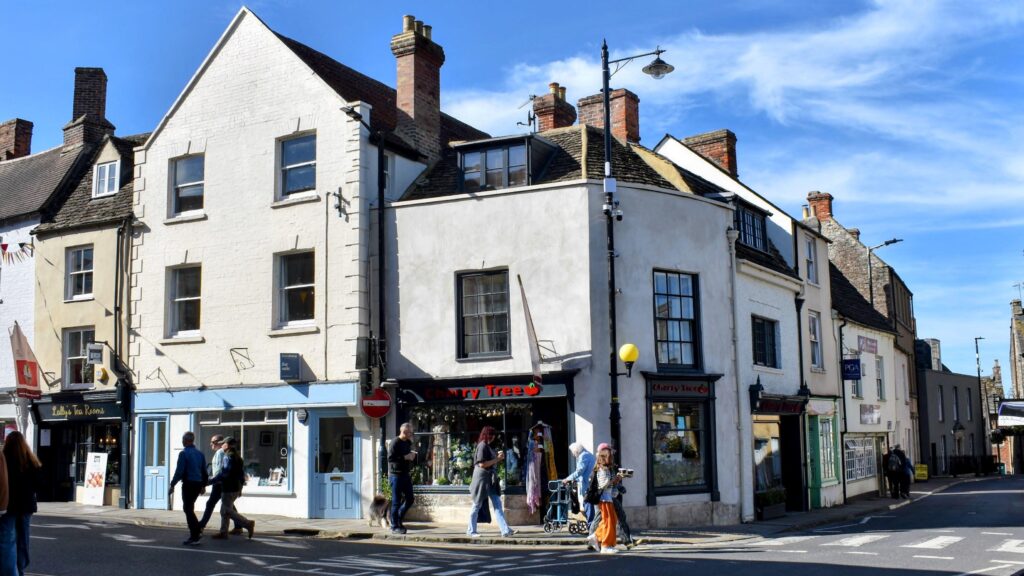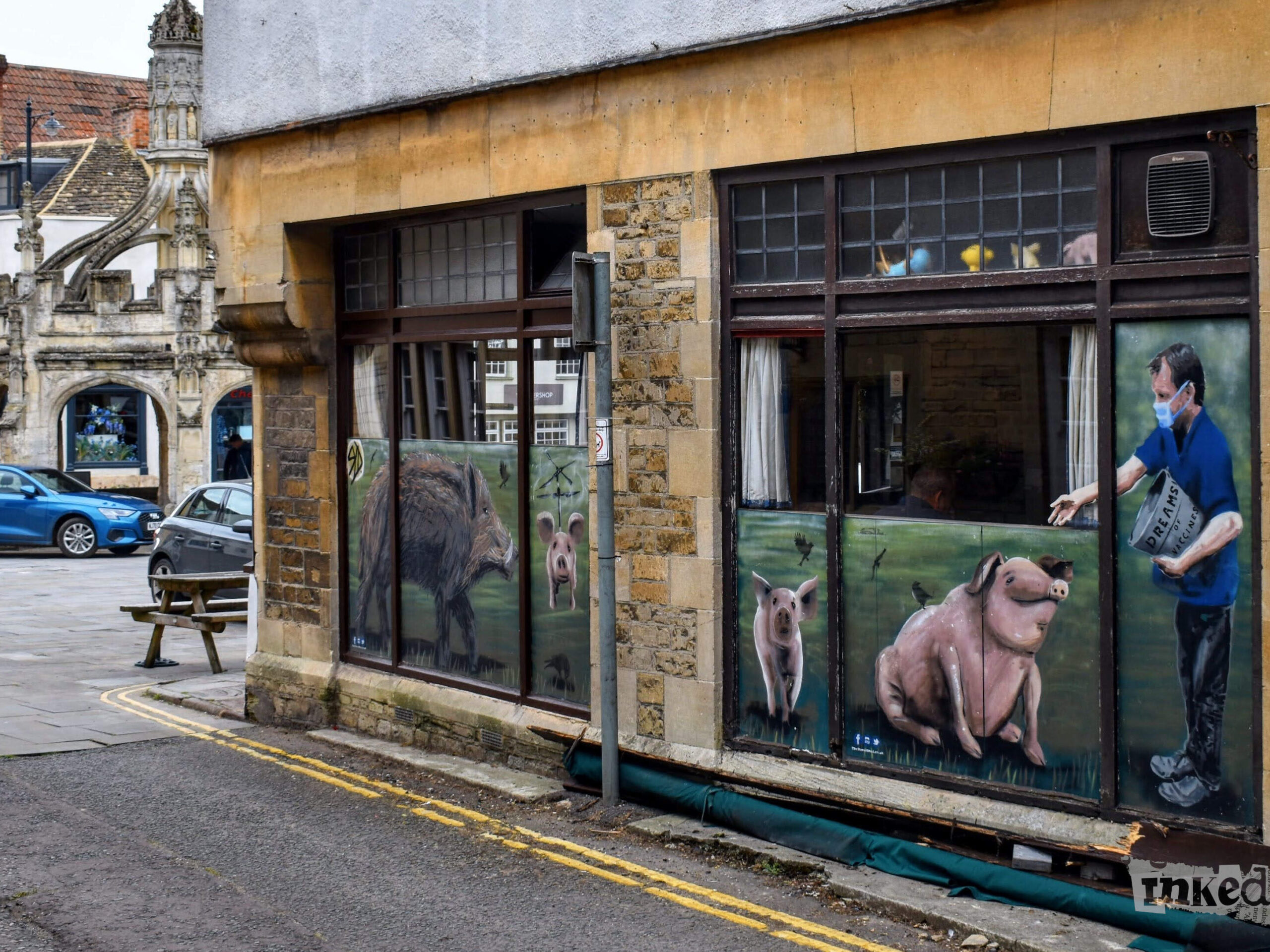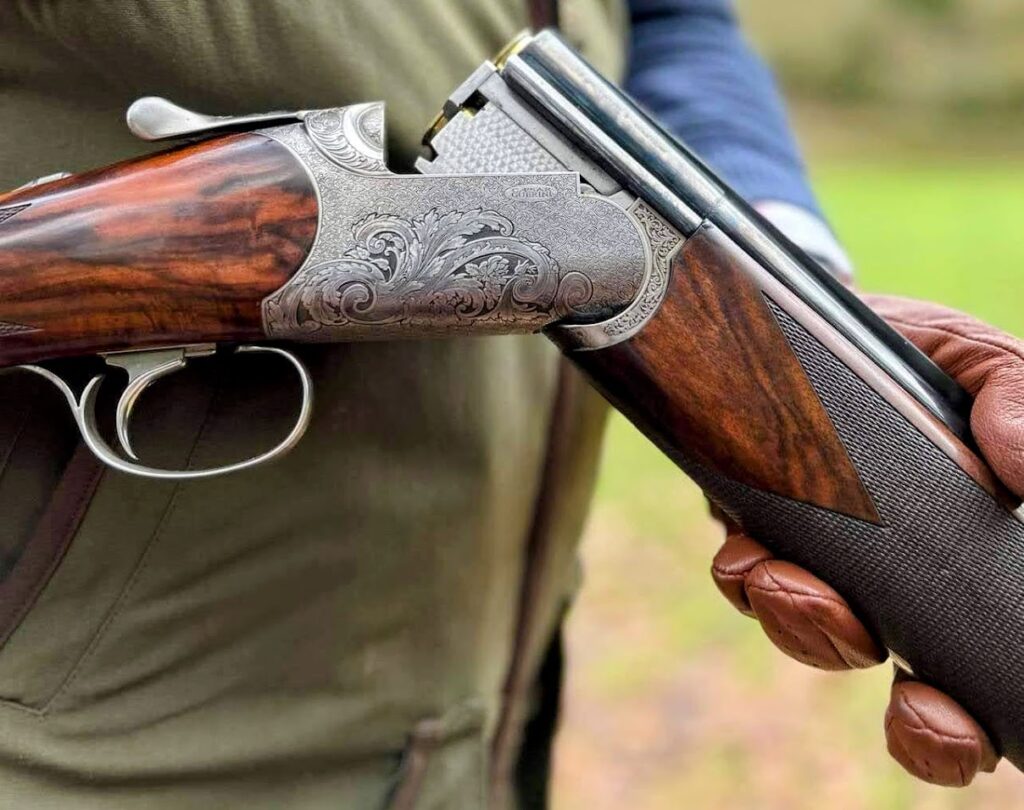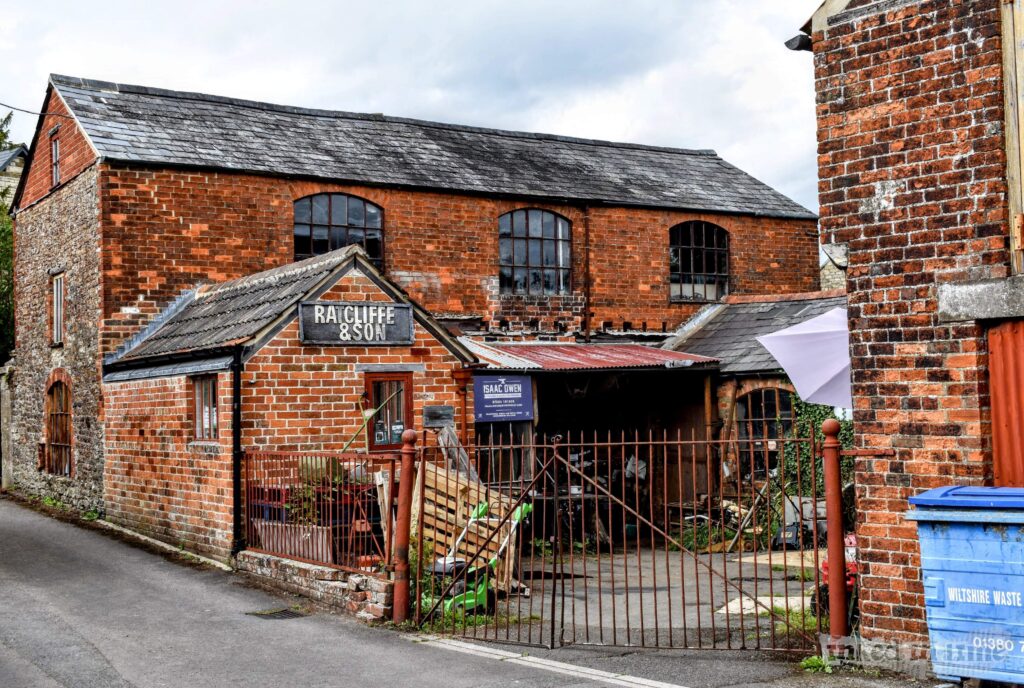17 October 1908 – Jane Freegard
We’ve used Artificial Intelligence to amplify whispers of the past into incredibly life-like voices. We think it’s the most interesting way to explore the articles on this site. Play the video to listen.
Read the article
From the Wilts and Gloucestershire Standard on Saturday the 17th of October 1908
Albert Edward Freegard (35), labourer, was indicted for feloniously wounding and causing grievous bodily harm to Jane Freegard, his wife, with intent to murder her, at Crudwell, on May 26th. Mr. Thornton Lawes appeared for the prosecution, and Mr. R. G. Seton defended. Mr. Thornton Lawes outlined the case for the prosecution. The wife was living at Wootton Bassett, and having obtained work at Crudwell prisoner went with another man to Wootton Bassett, driving a pair-horse waggon, to fetch his wife and the furniture to Crudwell. The alleged offence was said to have been committed on the way from Wootton Basett to Crudwell.
They stopped again at the Horse and Groom, at Charlton, where the prisoner had more drink. Here, prisoner threatened to throw his wife out of the waggon, following a dispute about a pipe.
George Sluggs, carter to Mr. J. H. Large, of Crudwell, was the first witness. He accompanied the prisoner in a two-horse waggon on the journey to Wootton Bassett on May 26th. They were going to fetch prisoner’s wife and children and the furniture. When they got to the house prisoner asked his wife if she had all the furniture up there. She said “No, I could not get it up here because I never had your letter before Sunday morning, and you didn’t send me any money to get it there.” “We loaded up all the furniture there was at Wootton Bassett,” continued the witness, and prisoner began using bad language to his wife. He flung the furniture about as it was being put on the waggon. Prisoner had some beer, which a girl fetched, and witness asked him to have no more of it.
Describing what occurred on the journey to Crudwell, witness said they stopped at a public house in Brinkworth, and prisoner and his wife had some refreshments. Going on to Long Newnton, prisoner and his wife began to quarrel about some old grievances. They stopped again at the Horse and Groom, at Charlton, where the prisoner had more drink. Here, prisoner threatened to throw his wife out of the waggon, following a dispute about a pipe. Then the woman got down onto the shafts, and witness believed prisoner pushed her onto the road. She fell under the front wheel of the waggon, and witness stopped the horses.
“The woman scrabbled into a ditch, and prisoner kicked her several times on the head,” continued the witness. “He said he would kill her when they got to Wootton Bassett.”
Prisoner began to beat his wife about, pushing her up under the hind wheel and called out to the horses to go on. Witness, however, would not let them proceed. “The woman scrabbled into a ditch, and prisoner kicked her several times on the head,” continued the witness. “He said he would kill her when they got to Wootton Bassett.” Witness next informed the Court that he got the prisoner away, and the man mounted the waggon, and Sluggs tried to drive away with the man. “I was frightened,” said witness, in reply to counsel. “I thought he would have killed her if I couldn’t get him away.” However, witness had to stop because a trace came undone, and the man got down and went back to his wife. He believed the man was beating his wife again. Eventually witness drove on with the horses to a neighbouring farm and went back to prisoner and his wife. He remonstrated with prisoner as to his conduct, but the latter replied that it was no odds to him. He could not remember the conversation however. Describing prisoner’s conduct when they were working together, witness spoke of him as a steady, sober sort of man. Cross-examined, witness said prisoner had had some beer, but he was not so drunk that he could walk straight.
Jane Freegard, wife of the prisoner, who said she had been married ten years and had three children, stated that whilst her husband was away from her she had to go to the Workhouse, as she had no means. She proceeded to tell the story of prisoner’s conduct on her way from Wootton Bassett to Crudwell. Her husband, she declared, had three quarts of beer before they started, with the exception of one glass, which her sister had. “He was the worse for beer when we started,” the woman declared, “and he could not walk straight.” They had refreshments on the way. The assault began, according to witness, over a dispute about the loss of a pipe. She declared she didn’t know where the pipe was, but prisoner averred that she did. He threatened to throw her out of the waggon. Some time afterwards she had the cramp and dismounted from the wagon. Her husband caught hold of her and threatened to put her head under the wheel. He threw her on the ground, thumped her in the face and kicked her on the jaw. She protected herself with her hands as well as she could, but the result of the kick was to make her jaw bleed, and one of her teeth was kicked out. “I tried to get out of the ditch, but only sank further into the mud,” added the woman. “My husband was swearing at me at the time, and threatened to kill me.” After walking along the road with her husband for some distance she met a motor car and asked the driver the way to Malmesbury, as she wanted the police. The man said he would fetch the police. “Soon afterwards, a policeman came and I was taken to the hospital,” she added.
P.C. Kilford said that when he was informed of the affair by the motor car driver he found the man and woman on the road. When he asked what was the matter the woman replied: “O, please take me somewhere. My husband has tried to murder me, he has knocked me about the head, and has broken my jaw, and I am afraid of him”. Her eye was “banged up,” her face grazed, and her lip cut. He told the man he would have to take him to Malmesbury, and whilst helping the woman along she fainted. Leaving her on the road-side, witness took the man along until he met a couple of grooms, with whose assistance, after much trouble, he handcuffed him. Prisoner smelled of beer, but he was not drunk. After getting the man to the Police Station and the woman to the hospital he went back to the road, where he found a woman’s waist-belt and other articles of dress covered with blood. The next day he found a tooth in the hedge-bottom.

Albert Buck, chauffeur to the Earl of Suffolk, deposed to a woman accosting him on the road and appealing to him to fetch a policeman. Witness drove off for one. The woman’s face was covered with blood, and she was in a very distressed condition. She also had a young child in her arms.
Albert Hayes said he was cycling on the road when he passed the waggon and heard the prisoner and the woman quarrelling. He heard the prisoner say he would kill her, using an oath.
Dr. R. C. Pitt said he examined the woman in Malmesbury Cottage Hospital and found her suffering from a wound down to the bone from the mouth to underneath the chin. She had also a cut over the left eye, a bruise on the left thigh, and a fractured collarbone. Those injuries were consistent with kicks or blows such as had been described.
Mr. Seton, addressing the jury for the defence, argued that, although the man whilst under the influence of drink committed wrong for which he ought to be punished, the offence did not amount to more than unlawful wounding.
The jury found the prisoner guilty of wounding with intent to do grievous bodily harm.
His Lordship, in passing sentence, said it would have been impossible for the jury to have come to any other conclusion. The highest that the prisoner’s counsel could say was that he was so drunk that he did not know what he was doing, but unfortunately, both before and after the assault, he expressed his intention in the hearing of witnesses to killing the woman.
Prisoner: I never intended to kill her, my lord.
His Lordship: If anything had happened to your wife and she had died as a consequence of the wounds you would have been guilty of murder. In my judgement, this is a serious case – a most serious case. It is not to be borne that men should treat women in this way. She is your wife, to whom you have been married for 10 years, the mother of your children, and you treat her in this way – kicking her about the head and face and put her head under the wheels of a waggon. It is a serious case, and the sentence I am going to pass is intended to be severe as a warning to other people. There is far too much violence prevailing at the present time, and as far as I am concerned such cases will always meet with heavy punishment. The sentence of the Court is three years’ penal servitude.
More from Inked in Time
More from this section
